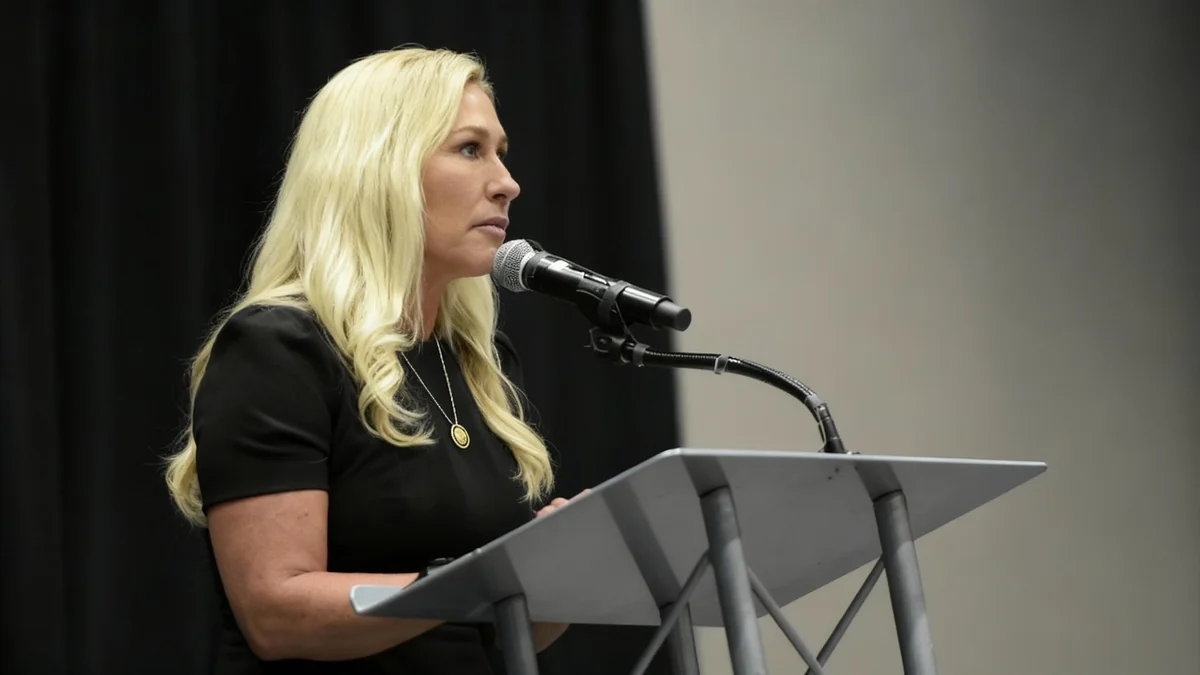The major U.S. law firm Husch Blackwell is defending itself against a class-action lawsuit filed in Missouri federal court. The complaint alleges the firm improperly handled employee retirement funds by delaying contributions and using the money for its own operational costs.
The lawsuit claims these actions constitute a breach of fiduciary duty under the Employee Retirement Income Security Act (ERISA), a federal law designed to protect retirement savings for workers in the private sector.
Key Takeaways
- Husch Blackwell, an Am Law 100 firm, faces a class-action lawsuit over its handling of employee 401(k) contributions.
- The lawsuit alleges the firm withheld funds from paychecks but failed to deposit them into retirement accounts in a timely manner.
- The complaint claims these funds were instead placed in a general account and used for firm operating expenses.
- The proposed class could include approximately 400 current and former employees dating back to September 2019.
Details of the Allegations
The legal action centers on the management of Husch Blackwell's employee retirement plan. According to the complaint, the firm regularly deducted 401(k) contributions from employee paychecks as intended. However, the lawsuit alleges that these funds were not promptly transferred to the employees' individual retirement accounts.
Instead, the suit claims the money was deposited into a general corporate account. The complaint states these funds remained in the firm's operating account for "months at a time," where they were allegedly used to cover day-to-day business expenses. This practice, the plaintiff argues, deprived employees of potential investment gains and violated federal law.
What is ERISA?
The Employee Retirement Income Security Act of 1974 (ERISA) is a federal law that sets minimum standards for most voluntarily established retirement and health plans in private industry. It requires plans to provide participants with information about plan features and funding, and it establishes standards of conduct for plan fiduciaries. A key requirement is that employee contributions must be deposited into the plan as soon as they can reasonably be segregated from the employer's general assets.
A Breach of Fiduciary Duty
The lawsuit explicitly accuses the firm of a "deliberate scheme to use their employees’ retirement plan contributions for the firm’s own benefit." By failing to deposit the funds in a timely manner, the firm allegedly breached its fiduciary responsibilities under ERISA.
Fiduciaries are legally obligated to act solely in the interest of plan participants and their beneficiaries. The complaint suggests that using retirement contributions for corporate expenses is a direct violation of this duty.
Husch Blackwell by the Numbers
- Gross Revenue (2023): $707,800,000
- Am Law 100 Ranking: #78
- Estimated Class Size: ~400 members
- Claim Period: September 16, 2019, to present
The Parties Involved in the Case
The named plaintiff in the case is Tyler Paetkau, an attorney who previously worked at Husch Blackwell. He is now the founding attorney of the Paetkau Law Group. The lawsuit was filed on behalf of Paetkau and all other plan participants whose retirement contributions were allegedly delayed since September 16, 2019.
Paetkau is represented by Charles Field of the law firm Sanford Heisler Sharp. Field has experience in bringing similar ERISA cases against employers. In a statement to the legal press, he explained the basis for the lawsuit.
"The law is clear. By the 15th day of the following month, those funds need to be in the 401(k) plan. We looked to see if there was something we were missing. We couldn’t find anything, exhausted our due diligence, and filed the claim."
Field noted that his firm uses a process of analyzing financial data to assess the validity of such claims before filing. He described the case against Husch Blackwell as "pretty easy to deconstruct."
Legal Framework and Potential Consequences
Federal regulations under ERISA are strict regarding the timeline for depositing employee contributions. The law mandates that employers must deposit these funds on the earliest date on which such contributions can reasonably be segregated from the employer’s general assets.
For small plans (under 100 participants), there is a safe harbor of seven business days. For larger plans, like the one at Husch Blackwell, the absolute deadline is the 15th business day of the month following the month in which the amounts would have been paid to the employee in cash.
If the court finds that Husch Blackwell violated its fiduciary duties, the firm could be required to restore any losses to the plan that resulted from the delay. This could include lost earnings or profits that the funds would have generated if they had been invested on time. The firm could also face civil penalties imposed by the Department of Labor.
As of the time of writing, Husch Blackwell has not issued a public comment on the pending litigation.





